The Federal Ministry of Education has urged dialogue and unity among stakeholders in the ongoing dispute over the implementation of the new national minimum wage for primary school teachers in the Federal Capital Territory (FCT).
This call comes in response to a communiqué issued by the Nigeria Union of Teachers (NUT), FCT Wing, following its Emergency State Wing Standing Committee (SWSC) meeting held on 22 March 2025 in Gwagwalada, Abuja.
The Honourable Minister of Education, Dr Maruf Tunji Alausa, CON, acknowledged the concerns raised by the Union, reaffirming the Ministry’s recognition of the invaluable role teachers play in foundational education across the country.
Although the administration of Local Education Authority (LEA) Primary Schools in the FCT falls under the jurisdiction of the six Area Councils and their respective LEAs, the Federal Ministry of Education emphasised its ongoing commitment to the welfare, professional development, and dignity of Nigerian teachers at all levels.
According to a statement signed by Boriowo Folasade, Director of Press and Public Relations at the Ministry, relevant parties—including the Honourable Minister of the FCT, Barr. Nyesom Wike, CON, the Honourable Minister of Education, the Universal Basic Education Commission (UBEC), and other key agencies—are actively engaging to resolve the matter. The Ministry also encouraged Area Council Chairmen to participate in ongoing efforts to reach an amicable settlement.
“In line with the principles of cooperative governance and shared responsibility, the Ministry will sustain its mediation efforts among stakeholders to foster constructive dialogue and prevent any disruption to children’s education arising from unresolved administrative challenges,” the statement read.
Under the Renewed Hope Agenda of President Bola Ahmed Tinubu, GCFR, the Ministry is currently implementing wide-ranging reforms in the basic education sector, including improvements in infrastructure, digital learning, curriculum upgrades, and teacher capacity building.
“These national reforms must be matched by fairness, equity, and responsiveness to the needs of educators,” Dr Alausa said.
The Ministry called on all parties—the Union, Area Councils, and education administrators—to prioritise transparency, good faith, and collective responsibility, stressing the need to preserve the integrity of Nigeria’s basic education system from avoidable disruptions.






























































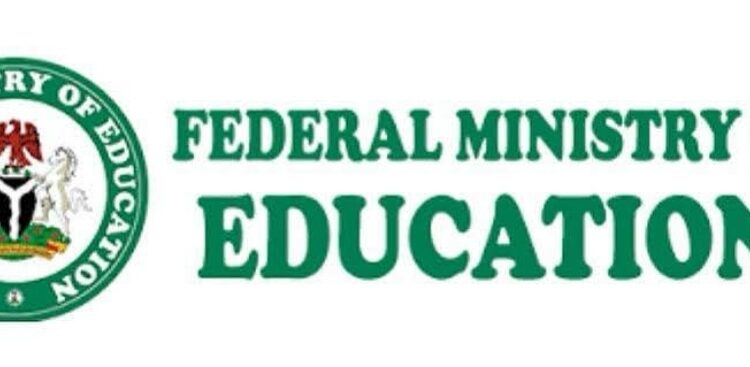




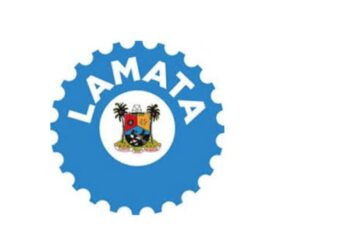
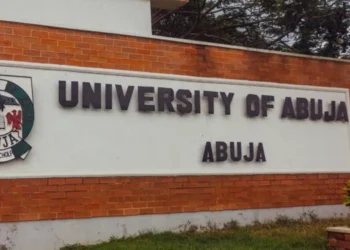
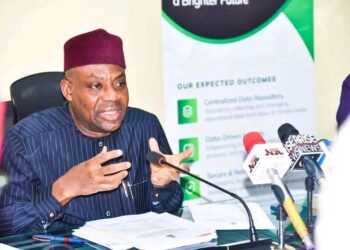

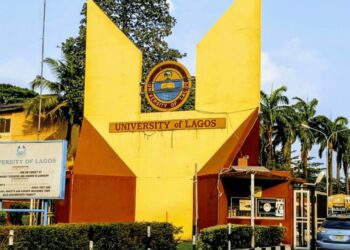











 EduTimes Africa, a product of Education Times Africa, is a magazine publication that aims to lend its support to close the yawning gap in Africa's educational development.
EduTimes Africa, a product of Education Times Africa, is a magazine publication that aims to lend its support to close the yawning gap in Africa's educational development.